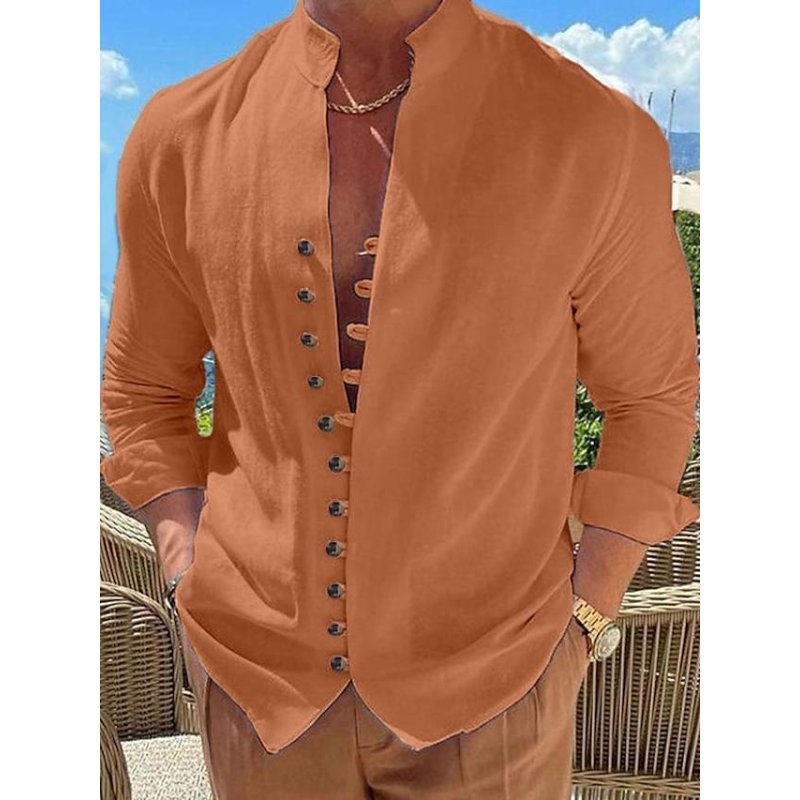The Evolution of Clothing Industry and Its Impact on Modern Society
Tag: clothing, fashion, industry, society, evolution
The clothing industry has come a long way from its humble beginnings. What started as a basic need for humans to protect themselves from the elements has now evolved into a multi-billion dollar global business. From traditional garbs to haute couture fashion trends, the growth of this industry has had a significant impact on modern society.
Clothing is an essential part of our daily lives. It not only serves as a means to cover our bodies but also reflects our personal style and identity. As societies progressed over time, so did their clothing choices. The first forms of clothing were made from natural materials such as animal hides and plant fibers. However, with advancements in technology and trade routes opening up between different regions, people began experimenting with new fabrics and styles.
One major turning point in the evolution of the clothing industry was during the Industrial Revolution in the 18th century. With mass production becoming possible due to machines and factories being introduced, clothes became more affordable for all social classes. This led to an increase in demand for fashionable garments that were previously only available to wealthy individuals.
In the 20th century, fashion became closely linked with popular culture thanks to icons like Audrey Hepburn and Marilyn Monroe showcasing iconic outfits on screen. This brought about changes in consumer behavior as people began following fashion trends rather than just wearing simple practical clothes.
Today’s fast-paced lifestyle has further impacted the clothing industry by creating a desire for instant gratification through fast-fashion brands offering trendy pieces at affordable prices. This phenomenon not only contributes significantly to textile waste but also raises ethical concerns regarding labor practices in developing countries where most fast-fashion items are produced.
On the other hand, sustainable fashion movements have emerged urging consumers to shift towards eco-friendly options that promote fair trade practices while reducing carbon footprint through recycling or using organic materials.
Moreover, the clothing industry’s impact on society goes beyond just fashion trends. It also has economic and cultural implications. The rise of designer brands and luxury goods creates jobs in design, production, marketing, and retail sectors. Fashion weeks around the world bring people from different cultures together to appreciate creativity and diversity.
In conclusion, the evolution of the clothing industry has been a significant contributor to modern society’s development. From functional necessity to self-expression, it continues to shape our lives in various ways. With sustainability becoming increasingly important for consumers, it is up to both manufacturers and buyers to promote ethical practices while still keeping up with evolving fashion trends.

